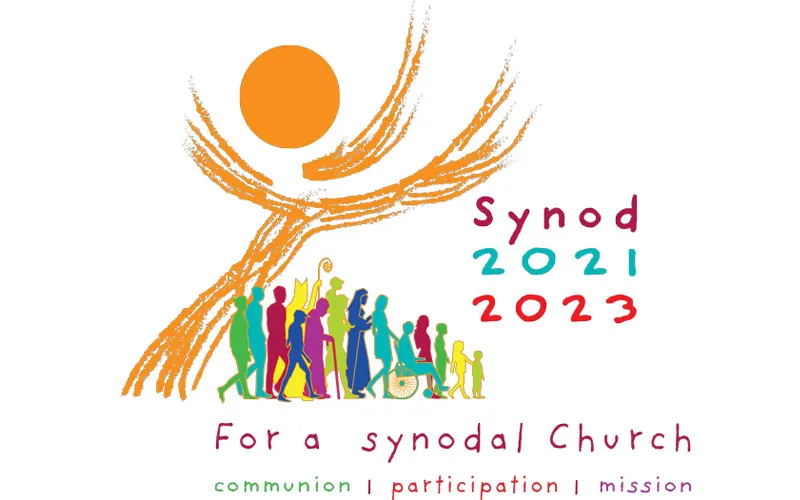“We walk with one another. We help each other and share on this journey. We don’t just walk in silence,” Sr. Makoro says.
She adds, “Synodality is very important in the Church because as the body of Christ and as a Church community, it is very important that we pick up one another in our faith journey. You don’t just walk alone but we walk with our brothers and sisters who are on the same journey as us.”
The first aspect of Synodality, according to the South African Nun, is allowing the Holy Spirit to work within the people of God.
The second is for the people to listen to one another and to share their worries, joys and expectations as a community of faith, she says, and explains, “It is important that we listen to one another because each one of us has something to say.”
The third aspect, the member of the Missionary Sisters of the Precious Blood Sisters (CPS) says, is “accompanying each other on the journey”, while respecting each other as people with dignity.
(Story continues below)
“For us as a Church in Africa there is a lot that we can contribute. Even if there are elements that have creeped in in the journey of walking together, the reality is that we are a Synodality people. We are a community of people,” she says.
As for Sr. Anne Beatrice Faye, a Member of the Synod Commission for Theology in Senegal, Synodality is a journey that the Church begins under the guidance of the Holy Spirit with all its faithful and ministries.
“During this journey, she (Church) invites us to listen to each other, dialogue and work towards common understanding,” Sr. Faye says, adding that the idea of shared responsibility should also be added to the theme of the Synod, that is, Communion, Participation and Mission, as Pope Francis announced.
According to the Catholic Nun, Synodality is important in the Church today because it expresses its “nature, form, style and mission.”
The Synod on Synodality, Sr. Faye says, is the most important event of the current reception phase of the Second Vatican Council under the Pontificate of Pope Francis.
Synodality, she says, allows the people of God to examine key issues about their faith including who they are as Christians.
She explores the identity challenge for Christians especially in Africa as the key issue to reflect upon saying, “Who is a Christian today, why, how and where? Perhaps 50 years ago the answer was simple.”
The Catholic Nun in Senegal calls upon the people of God in Africa to begin the Synodal journey by listening to the Holy Spirit and by listening to each other in open dialogue.
She describes the Synodal dialogue as “a dialogue of salvation,” adding, “This is communion. This requires walking together while involving all of God’s people for a communion mission with creativity and authenticity.”
“It is participation,” Sr. Faye says of Synodality, and explains, “To this end, we must convert, for a common understanding of our places in this mission. Some have already pointed out the richness of the Church’s experience in Africa as the ‘Family of God.’”
She exudes confidence that the youth of the Church in Africa will be “a decisive contribution” as the Synodal conversations begin on the continent.
“The youth represent creativity, enthusiasm, dynamism. There is also the cultural richness and diversity that is an asset in the life of the Church in Africa. At this point, we must ask ourselves what these cultures can bring to this common march with the universal Church,” the Nun says.
Agnes Aineah is a Kenyan journalist with a background in digital and newspaper reporting. She holds a Master of Arts in Digital Journalism from the Aga Khan University, Graduate School of Media and Communications and a Bachelor's Degree in Linguistics, Media and Communications from Kenya's Moi University. Agnes currently serves as a journalist for ACI Africa.








